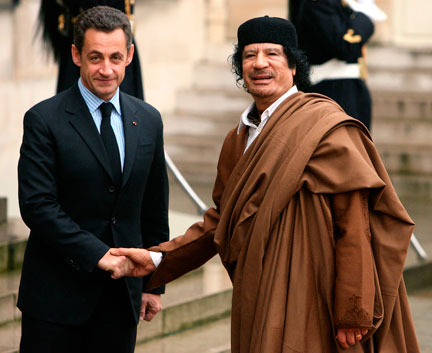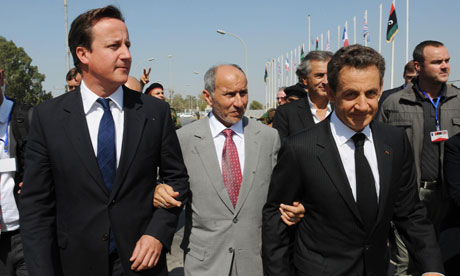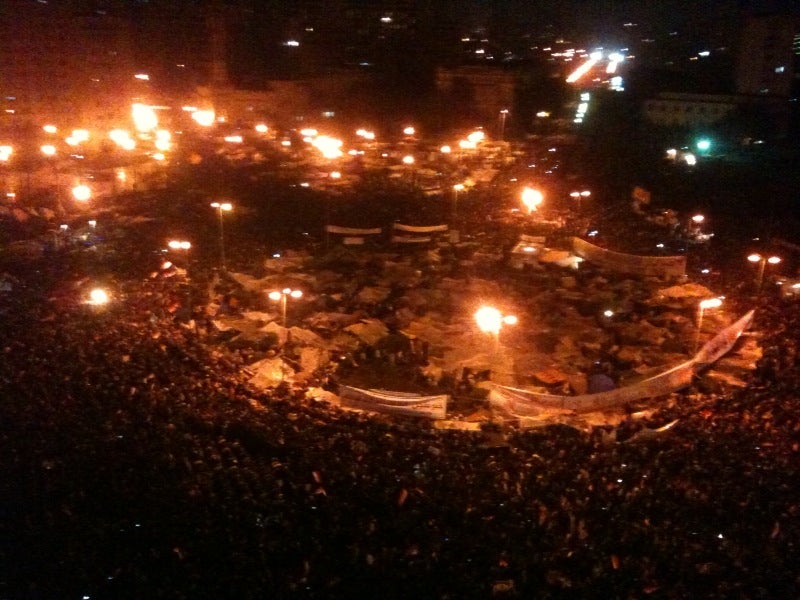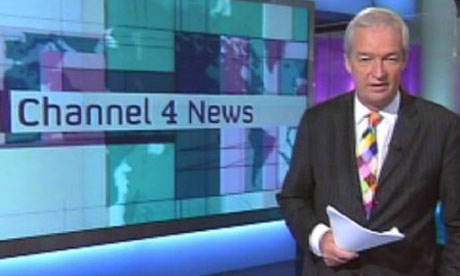From Egypt’s struggle to bring stability, to Libya’s rush to set up a government before the extremists start acting up, the Arab Spring has dominated the media for the past few months. In fact the words Libya, Syria, Egypt, Turkey has been repeated countless times, that when an article called ₁‘Explaining the Silence on Yemen’ caught my eye, I suddenly realised, Yemen is still part of the Arab uprising!
The country almost always crops up when a terrorist is suspected to have trained there. Amongst Pakistan, it’s regarded by the West as a place where extremist views of Islam breed. So my question is this, when a country considered as a ‘terrorist hot spot’ is demonstrating for peace and democracy, why are we not encouraging this? Surely if the western countries believe Yemen is a breeding ground for al-Qaeda, helping the Yemeni’s would be helping fight terrorism in the long haul. Then why has it been side-lined into the watery abyss of media ignorance?
Going back to the article, it highlights that the Yemeni’s have been peacefully protesting against the government since February, and in the past week there has been sudden horrific and senseless attacks on the protestors in the capital Sana’a. Al Jazeera has been reporting of the injured in hospitals crying out for the West to intervene and help them in their fight. Doesn’t it all seem a bit cruel helping out its neighbours, celebrating their victory while Yemen drowns in its battle for democracy?
Ultimately it’s about helping out the countries that are able to help the West out economically in return. A democratic Libya and Syria would be a great strength to the West, with ₂Libya having 3% of the entire world’s oil reserve, that’s $3.9 trillion worth of oil! Whereas Yemen is the poorest nation in Arabia, ₃with 40% unemployment rate, little oil reserve and therefore have the lowest prospect of being economically profitable. I believe this is the reason Yemen has been side-lined.
It’s harsh, and it is echoed from the invasion of Iraq and Afghanistan, to the silence of the failed Tamil genocide in Northern Sri-Lanka. 9/11 has been unashamedly used as an excuse to only find and kill Osama Bin Laden and Saddam Hussein. The promise of restoring the broken countries has been shattered as Obama gets ready to prematurely pull American troops out, even with the news of heavy bombings in Kabul and the killing of Burhanuddin Rabbani, head of Afghanistan’s high peace council in the ‘safe green zone.’ I don’t know what else could possibly reiterate how unstable the country is than the killing of the head of the peace council.
In terms of Sri Lanka, if any under-developed country had such a vast amount of evidence of war crimes, it would have been subject to immediate and harsh punishment by the UN and the rest of the world. But Sri Lanka is anything but economically under-developed. In fact ₄Reuters reports that Sri Lanka’s economy is expected to grow by 8.5% this year, significant for a country bouncing back from 25 years of civil war. From a purely business perspective, would you condemn this government for its inhumane treatment of civilians during the last few months of the civil war, or would you jump at the chance of making deals with a country that is growing in economic power? The harsh reality is, is that country’s such as China and Iran know this value, and do not want to act on such allegations for want of profit. To an extremist fearing government such as America, they are given excuses from the Sri Lankan government, ‘Well we got rid of a terrorist organisation (Tamil Tigers) in the process didn’t we?’
 |
Also worth checking out is Al Jazeera’s new programme, ‘Active’, which gives a truly human insight into activists around the world. http://english.aljazeera.net/programmes/activate/






